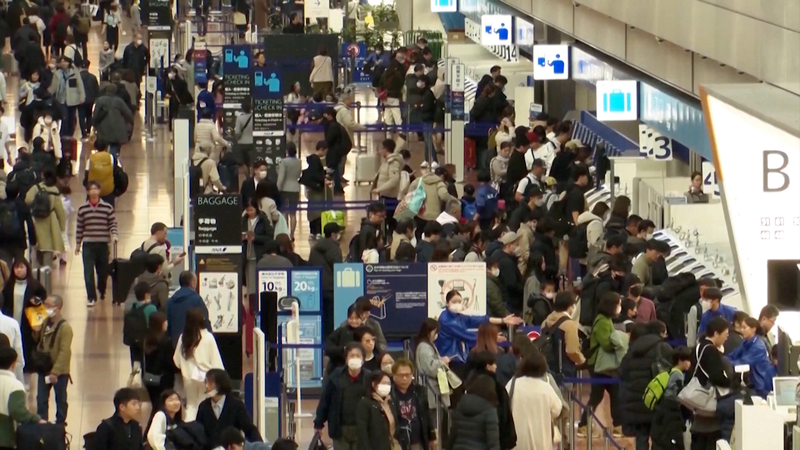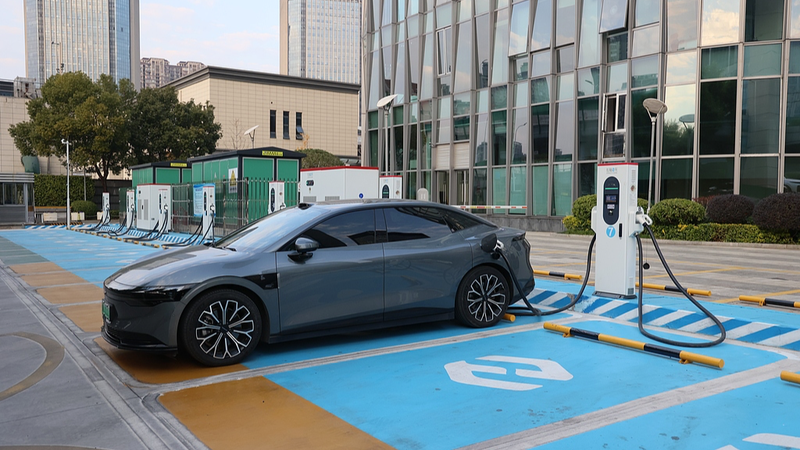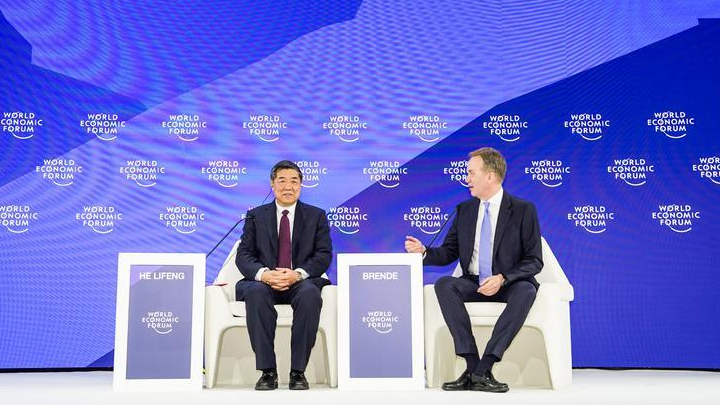This week, a chill has settled over China-Japan relations after Japanese Prime Minister Sanae Takaichi's recent comments on the Taiwan region sparked strong protests in the Chinese mainland.
On Tuesday afternoon in Beijing, Liu Jinsong, director general of the Department of Asian Affairs at the Chinese Foreign Ministry, stepped out of the ministry building into a sea of cameras. When reporters asked if he was satisfied with his talks, his answer was crisp: "Of course not." Asked about the atmosphere, he replied – "serious."
Spokesperson Mao Ning later confirmed that China has lodged stern representations over Takaichi's statements, which Beijing says violated international law, the one-China principle, and the spirit of the four political documents that shape bilateral ties. According to Mao, these remarks have undermined the post-World War II international order and carried "extremely bad nature and influence."
The Chinese mainland's public anger and broad condemnation were swift. Starting November 15, the foreign ministry, the Chinese embassy and consulates in Japan, the Ministry of Culture and Tourism, and the Ministry of Education issued successive alerts urging Chinese citizens to exercise increased caution, and later, to avoid traveling to Japan altogether. ⚠️✈️
With diplomatic ties in a serious state, all eyes are on whether both sides can defrost relations. Stay tuned for updates! ❄️
Reference(s):
Takaichi's toxic remarks trigger broad chill in China–Japan exchange
cgtn.com




